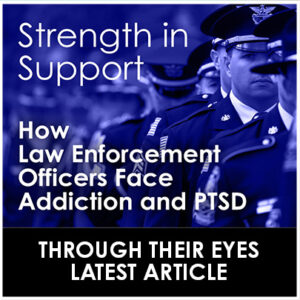Cocaine abuse during service is uncommon due to the strict drug tests enforced by the armed forces and other departments dedicated to the care of others such as firefighters, EMTs/paramedics, law enforcement, and more. However, upon return several service members often seek a way to calm the nightmares they experience as a result of PTSD by using and often abusing cocaine. Due to its addictive nature, it soon takes hold of their lives with several experiencing depression and paranoid episodes upon attempting to stop use.
There are several short and long term effects of cocaine abuse, most of which cause harsh effects on the body. Cocaine abuse also results in a strong dependence that few, if none, can manage without the help of therapy or treatment.







